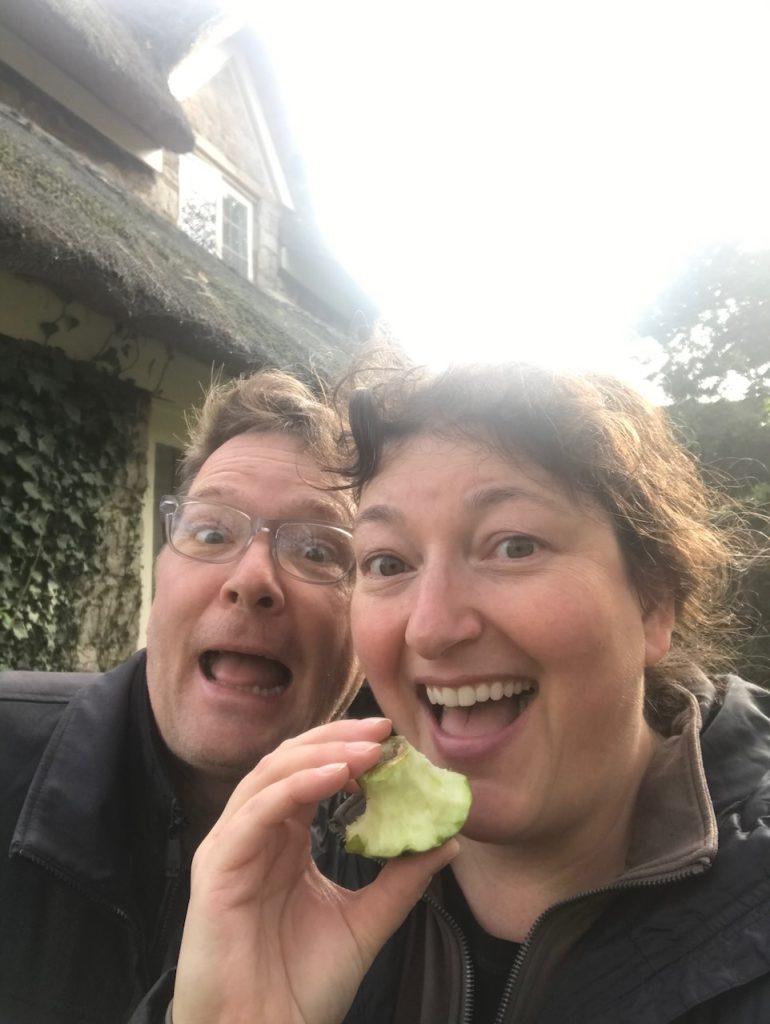
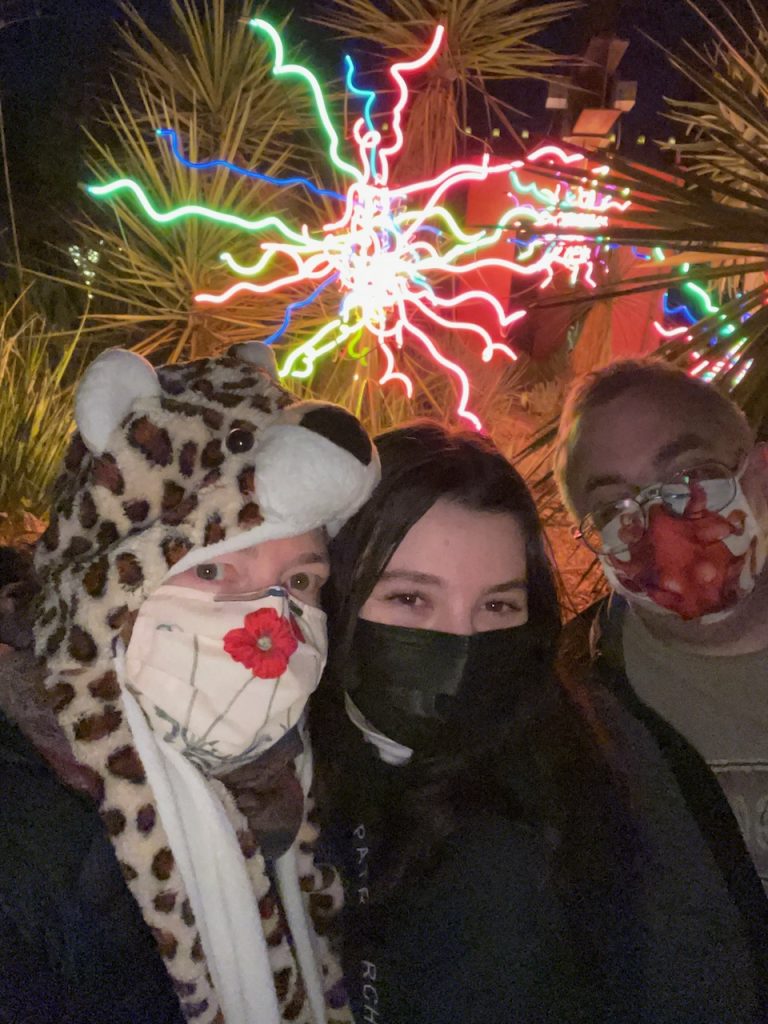
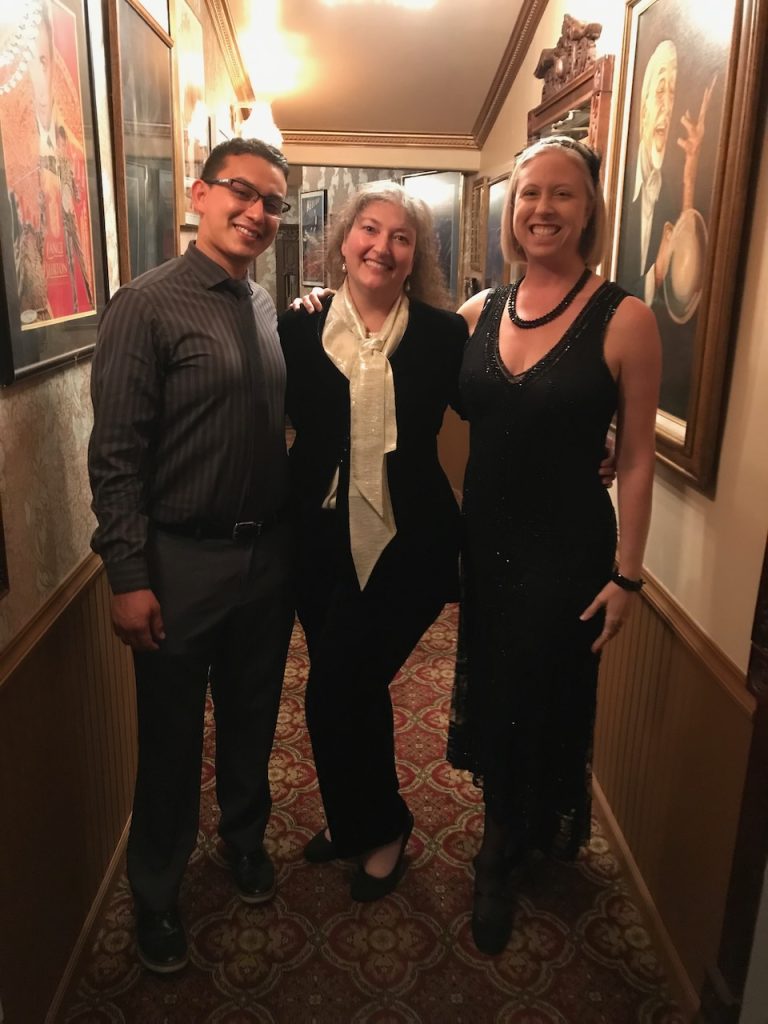
The topic of peeking out and friend-finding has come around again this summer, just in time for the International Day of Friendship. Starting and stopping essays is a bad habit. It means this blog post was written around my birthday, sat in the drafts folder for months, and is finally finished (to the extent that I can ever be truly finished writing about a topic I’m obsessed with).
The original content was a reflection instigated by birthday celebrations. Then the UK was a unique recent experience of creating new and different kinds of friendships, so I returned to the topic. Finally, the past two months have caused a rift in my attitude towards friendliness in general. On the one hand, thanks to vaccines, the world has unshuttered and I can spend time with my friends! On another, I was shut out of an event recently by people that (until it happened) I would have called “friends.”
The (highly recommended) audiobook I’m listening to at the moment, Four Thousand Weeks: Time Management for Mortals, is another reminder about friendships. Listening finally pushed me to just be done with this post, at this moment in time, with these specific considerations about friendship:
After all, to have any meaningful experience, you must be able to focus on it, at least a bit. Otherwise are you really having it at all? Can you have an experience you don’t experience? …a friendship to which you never actually give a moment’s thought is a friendship in name only.
Oliver Burkeman
The Birthday Girl
In 2021, with millions of other privileged tech workers, I had a Zoom birthday party. Forty people jumped into breakouts and the main Zoom room to wish me a happy birthday and hear great new material by local comedy legend, Cat Alvarado.
This year, I hosted an in-person, outdoor brunch and was invited to a friend’s house for dinner and cake (more on that below). The brunch was a calculated risk: an unmasked eating event among a known group. We had all been meeting regularly for a zoom-based movie group on Saturdays and it was so joyful, such an emotionally healing opportunity to FINALLY be physically together.
Next year, I will be 50 years old. I am starting to plan a larger birthday bash with 50 friends. But how will those invitations go out? How will we celebrate? And, the question of great importance: Which friends will be invited?
Time is running out to begin peeking out and friend-finding. To make choices and establish the criteria of what makes people “friends to invite to your 50th birthday.”
Not Very Far
I’m very lucky when it comes to friends. While many people have reported increases in loneliness and isolation that they attribute to both the pandemic and general overwhelm, I’m weirdly unaffected.
There’s an obvious reason why I don’t have to look very far for companions, and it has nothing (well, not much) to do with my sparkling personality. It has everything to do with being surrounded by an enormous community that spans acquaintances, beloveds, and family of choice.


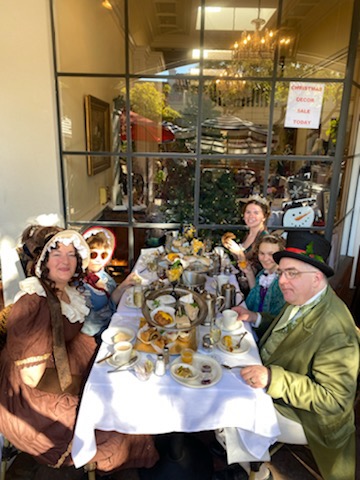
On the ‘average number of friends’ curve, you’ll find me crazy far out on the high-end distribution tail. Hundreds of people reside inside my “soul-circle,” not because I am a capital “E” Extrovert (though I am), who cultivates and clings to friends (though I do), but because every action, every invitation to ANYTHING in my life is an opportunity to share my friends with each other.
The community around me isn’t because I like to do a huge variety of things (though that’s true too), it is because I invite all the different people, from all the different groups to cross over. To become a community. That’s why I never felt socially isolated during the pandemic: I was too busy supporting and maintaining my communities. But where did those communities come from and why was it “my job” to invest in them?
Creating Community
Having fun doing activities has never been enough for me. I like sharing good people with other good people. That is how I participate in communities and why I expend a lot of effort maintaining them when I can. I might not need every book club I’m in, or every group field trip I organize…but it is possible that someone else in one of those groups DOES need it. Desperately. Maybe they’re introverts. Maybe they don’t have the skills or the energy to make an event happen. Maybe it is all they can do to show up.
Childhood friends who have known me a long time know how often I text, call, or visit. When they live in my hometown (where I am lucky enough to have finally settled down), they are the people I can hug unreservedly, without awkwardly inquiring about consent. People at whom I can holler, “You SMELL GOOD!” or “You look amazing!” or “Dude, you have spinach in your teeth!” without feeling incredibly awkward.
Blurted Truth Friends.
Then there are the newer friends. I’m thinking of someone I’ve become close to within the past year. This friend has excellent manners. They sent me a note of gratitude for supporting them recently.
That was affirming. That’s the sort of friend I really want to cultivate; not because they thanked me, but because they saw me. I want more people in my life who recognize that my actions are because they are important to me. Providing emotional support is a thing I just do…but DAMN it feels good and affirming to know that I am helping.
Unafraid to Ask For Help Friends.
It doesn’t hurt that the note from my newer friend came after they had also gone out of their way to celebrate my birthday. My husband and I ate a homemade dinner at their house, and we played games, and they baked me an incredibly delicious cake. THAT is an altogether special friend category.
Cake Friend!
It is currently a pleasure to look back at the string of events that led to this friendship deepening. I can see how the actions and reactions and deep discussions have turned them from an acquaintance to a person I know and like. We’re kindred spirits in our love of playing games and having unvarnished, no-BS conversations while doing so.
But the string that ties my heart to their doorknob as the result of a lonely, pandemic year is now changing. They are no longer living alone, working from home, and needing support. I don’t see them as often and I suspect I will continue to see them less and less until we are back to pre-pandemic levels of society.
And I wonder: does that mean they aren’t as close a friend? Should I ask them? Does their criteria for friendship have a bearing on my relationship with them (at them?), or do I get to choose alone how to categorize it even as I watch it shift?
What do I expect of someone who calls me a “friend” and what do they expect in return? Does friendship have to be equal, have to match in intention, to be a true friendship?
Friendly Loneliness
But real remedies to the problem of loneliness, Dr. Murthy stressed, must address not just the lonely people but the culture making them lonely.
How Loneliness Is Damaging Our Health, John Leland in the New York Times
Being left to decide and act upon a degree of friend-ness is the one thing that makes me lonely amidst the crowds of people who, if asked, would say, “Yvette is my friend.” I can’t be inside anyone else’s mind, so I can’t possibly know what they mean by that word. It is this specific not knowing, and a culture that doesn’t encourage us to define reasonable gradients of friendship, that makes me feel lonely and empty when I get ready to plan evenings, weekends, outings, life celebrations, and yes, my upcoming half-century birthday.
The irony of feeling lonely contemplating how to invite and manage to arrive at a mere 50 guests is not at all lost on me.
One of my Major Life Goals is to “be a good friend” and “maintain my relationships.” That goal is a direct result of being a lonely child. Then being a lonely kid. Then a lonely adolescent. I reguarly had no friend to relate to and I was desperate to relate.
I was a nerd who loved costumes, musicals, performing, Star Trek, Science Fiction and Fantasty novels…and as I got older, I lived for the annual convention where I could go LARPing (Live Action Role-Playing). I had to find those conventions and cultivate a wider-circle of friends before I felt secure in any friendships. Before cell phones, when it was harder to stay in contact, a lot of money was spent on long distance bills because those friends lived in different cities, states, and even countries.
Long Distance Call Friends.
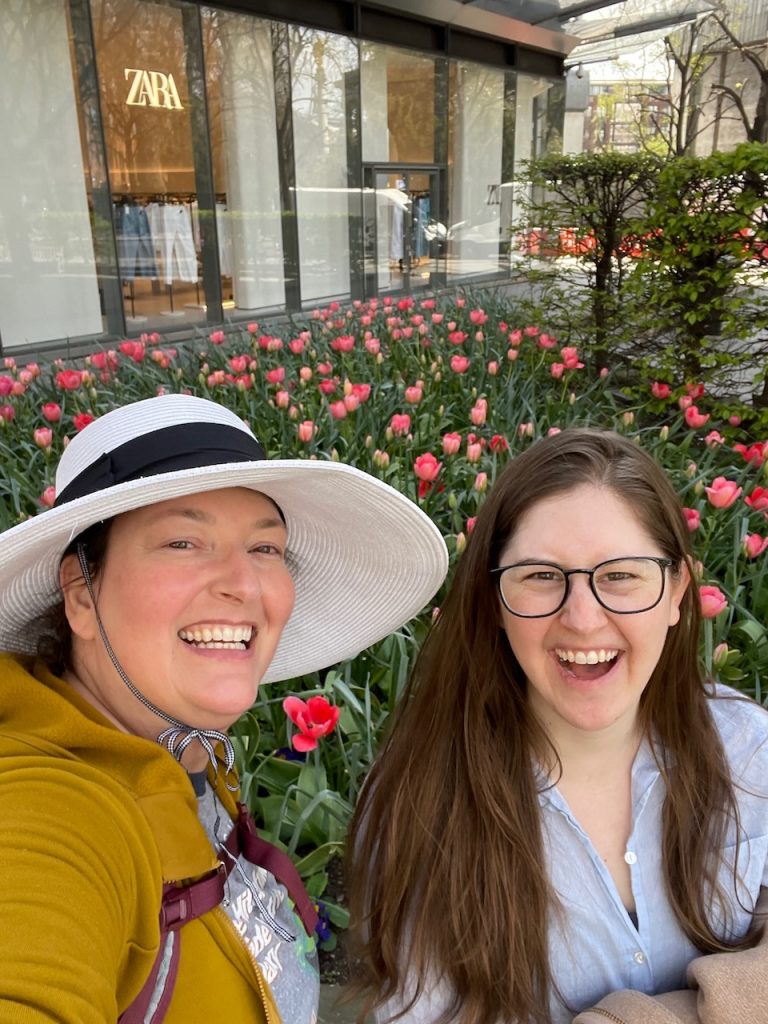
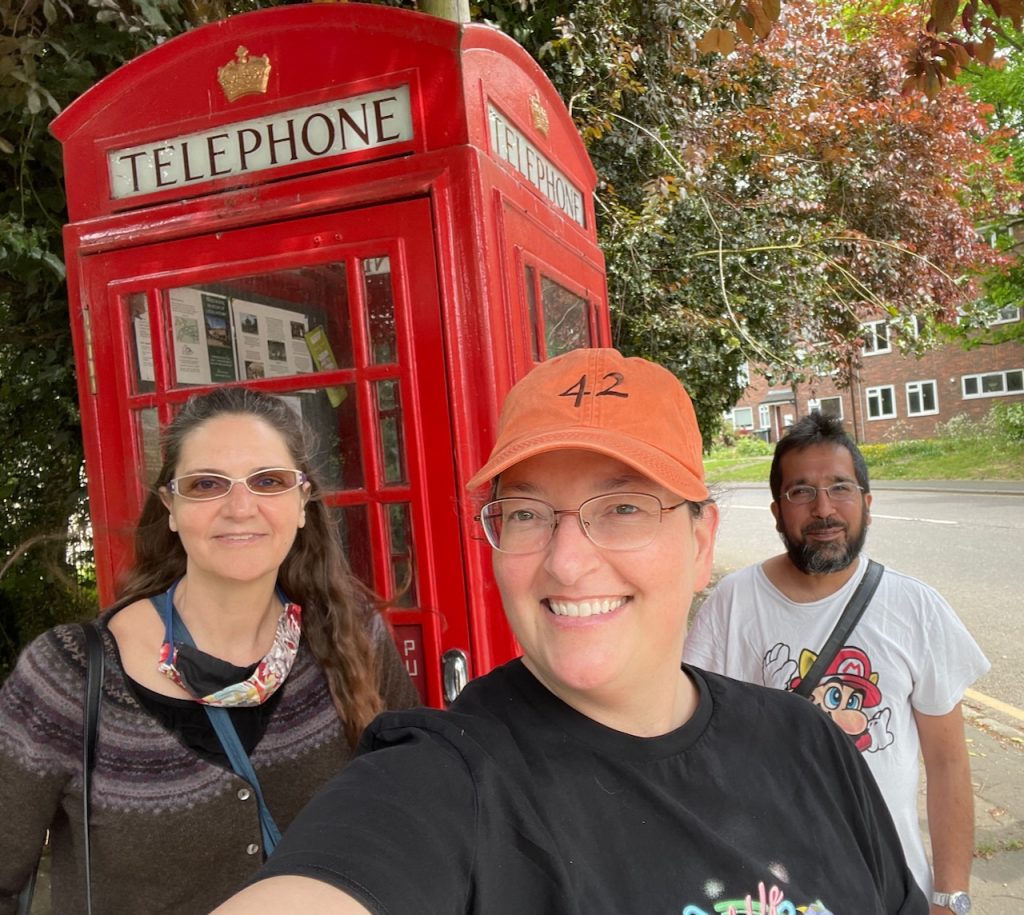
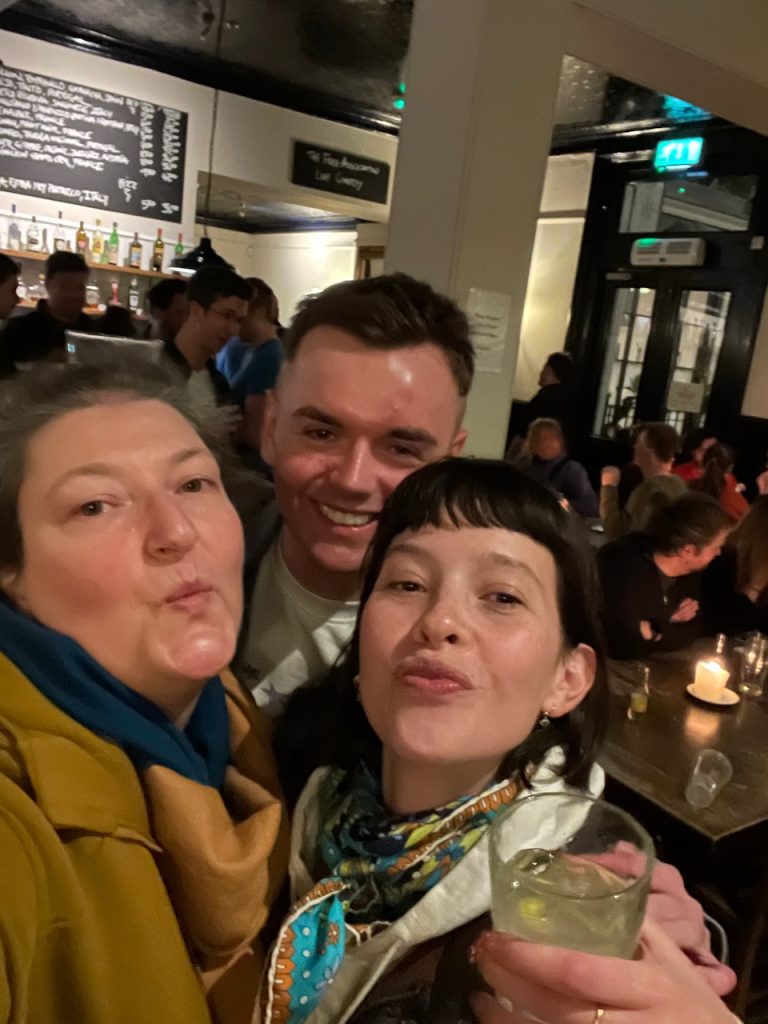
These days, I have kindred spirits close at hand. Friends who love theater. Friends who love games. Friends who watch and discuss nerdy movies. And of course, I’m married now, so I have a 24/7 friend who likes almost all the things I do (or is enthusuastically willing to try pretty much anything. Mark Bessey, you’re amazing!)
And when I find myself asking the question, How bi-directional does friendship have to be, to be truly worthy of that label? It isn’t a question coming solely from a place of low self-esteem or a feeling of being unworthy. Now it is about actually evaluating the behavior of “friends.”
Birthdays are a time of heightened sensitivity. They generate friendship data from the external perspective on an annual basis: Who connected with me this year to wish me a happy birthday? Who considers me enough of a friend to wonder if I’m having a party? Who have I seen and not seen; heard from and NOT heard from in the last 6 months? Who have I met online (essentially never actually met) who would say I was their friend?
“A friend is a person before whom we can strip our ideal self in order to reveal the real self, vulnerable and imperfect, and yet trust that it wouldn’t diminish the friend’s admiration and sincere affection for the whole self, comprising both the ideal and the real.”
The Marginalian
In The Marginalian, Maria Popova proposes a fascinating taxonomy of friendship that I have been pondering:
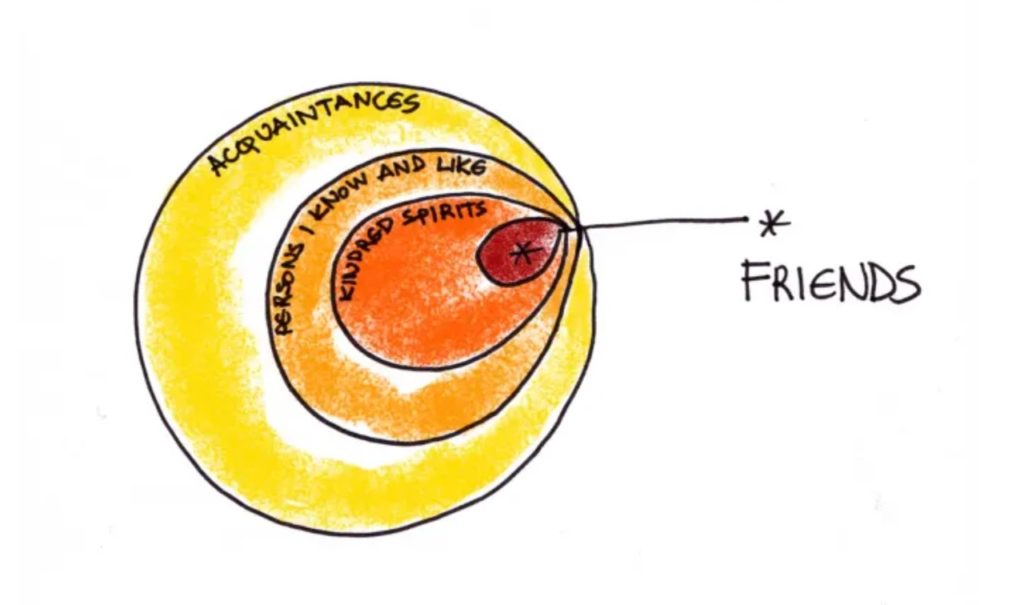
After all, “friendship” is simply a label of convenience; a shorthand that allows a story about “a friend of mine” to continue without a half-hour of awkward backstory about what you got up to in the third grade or that they chauffered you around London for two days because you have a nerd-dom in common. But it is helpful for me to recognize that kindred-spirits and persons-I-know-and-like are probably not ready to be taken to task by my Lady Catherine de Bourgh alter ego for rude behavior. They’re not okay with seeing the place where my deep personal triggers are rooted. They are not bosom buddies, dear friends, or, my favorite term: family-of-choice.
As someone who loves historical literature, I am aware of the loss of old cultural gradations of friendship. In the 19th Century, only family and bosom friends could even call each other by their given, or “Christian” name. Being on a first-name basis meant something important. It was a measure of the perceived strength and importance of friendship to ask someone, “Please, call me Yvette.”
Now it is exactly the opposite. Your Starbucks barista knows your first name (though they probably can’t spell it), but only a good friend might know your family name, your maiden name if you changed it when you got married, or a nickname. Those are all reserved for far more intimate than first-name-basis friendships (which is every stranger you ever meet nowadays). Is the shift reinforced because knowing a first name is useless in terms of online stalking? When and where did this flip in the importance of one’s casual name happen?
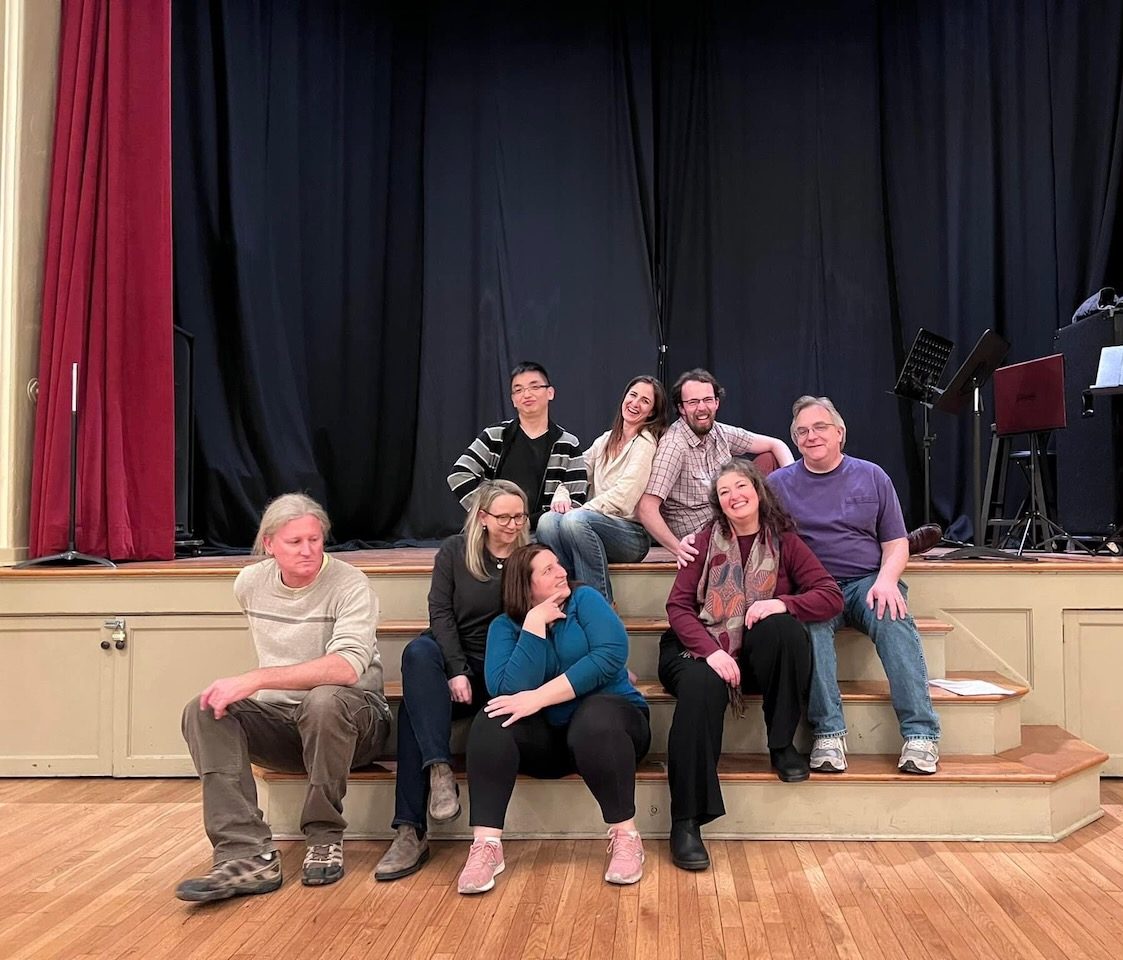
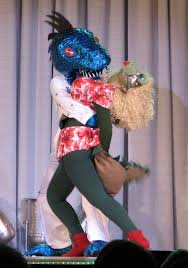
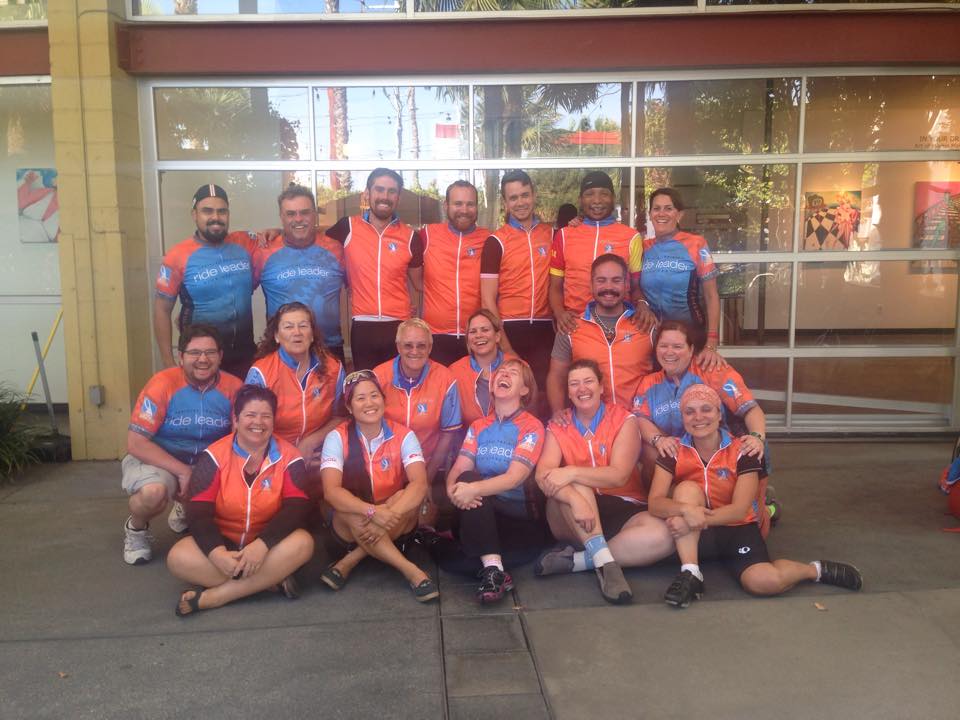
That’s a topic for another time, or I’ll never manage to call this blog post done. But reflecting on the question and thinking about The Marginalian graphic, has given me solid criteria for how to choose who to invite to my 50th birthday party; essentially a realistic but uncomfortable “ranking” of my friends list:
- I know the first and last name of my 50th birthday party friends.
- 50th birthday party friends have been to my house and I’ve been to theirs. (This was a rule for our wedding invites as well and I think it is a solid measure of friendship. Plus I have an address, so it is possible to invite them).
- 50th birthday party friends are likely to come, or send regrets if they can’t make it. A real friend comprehends their value to me; the meaning inherent in me wanting to celebrate with them, specifically, which is very different from “throw a good party.”
- Since I got married when I was 30, my 50th birthday is also my 20th wedding anniversary (convenient!). 50th birthday party friends are also people who have supported and celebrated my marriage with Mark.
That seems like a good set of reasons to include and exclude people on an invitation list. Maybe someday I will be confident enough and wealthy enough that this kind of planning doesn’t feel like peeking out and friend-finding. Maybe someday I won’t care who I celebrate with. It will just feel like a circus: Come one, come all to see the amazing ancient Yvette in the center ring!!!
Until then, feel free to drop me a line about how you make decisions like this. Where you fall in this bizarre series of friend taxonomies. And whether or not you consider me in one of the Marginalian circles, or even, despite all of this focus I put on the experience of friendship: <GULP> a friend.
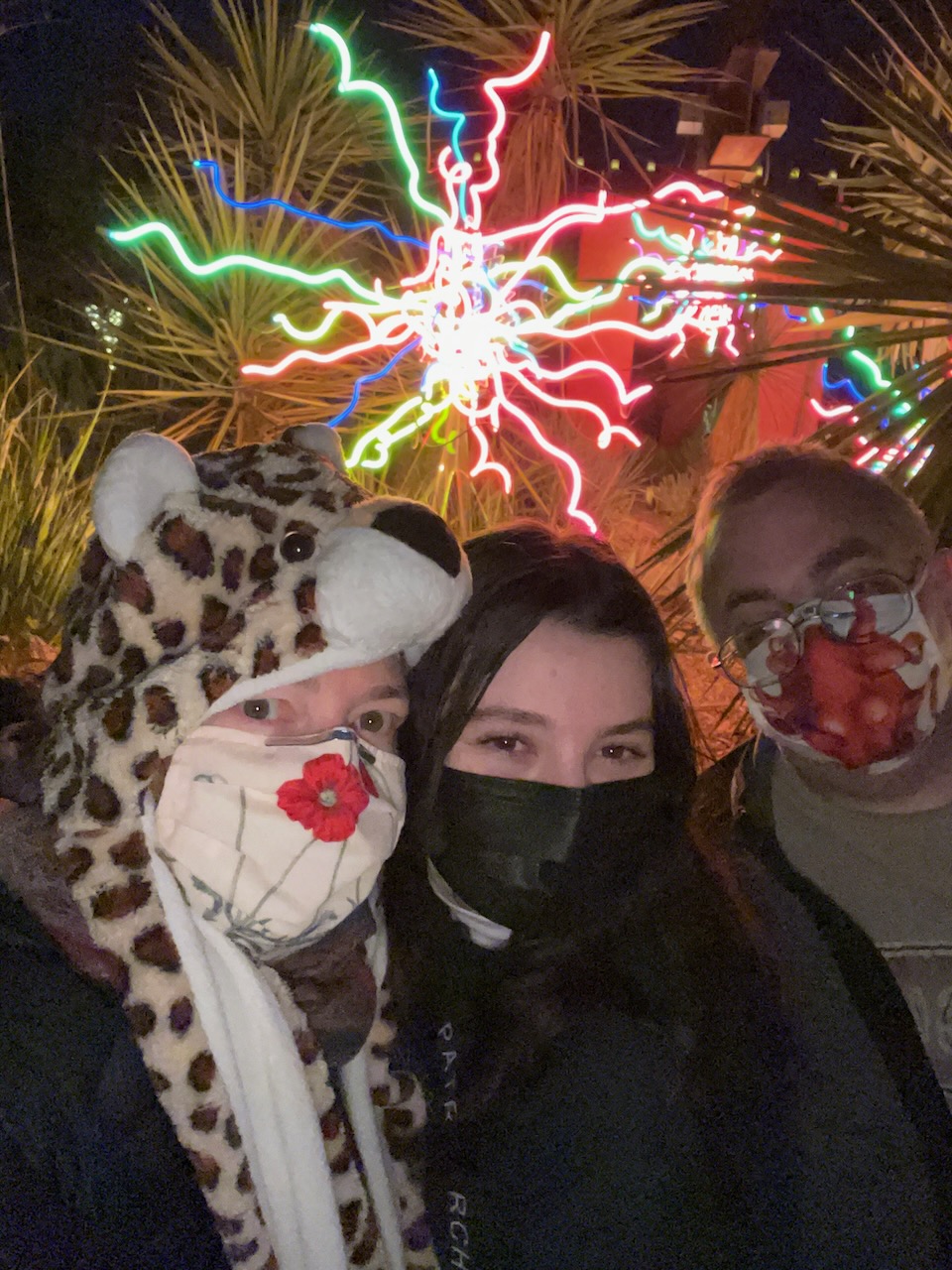
What do you think?